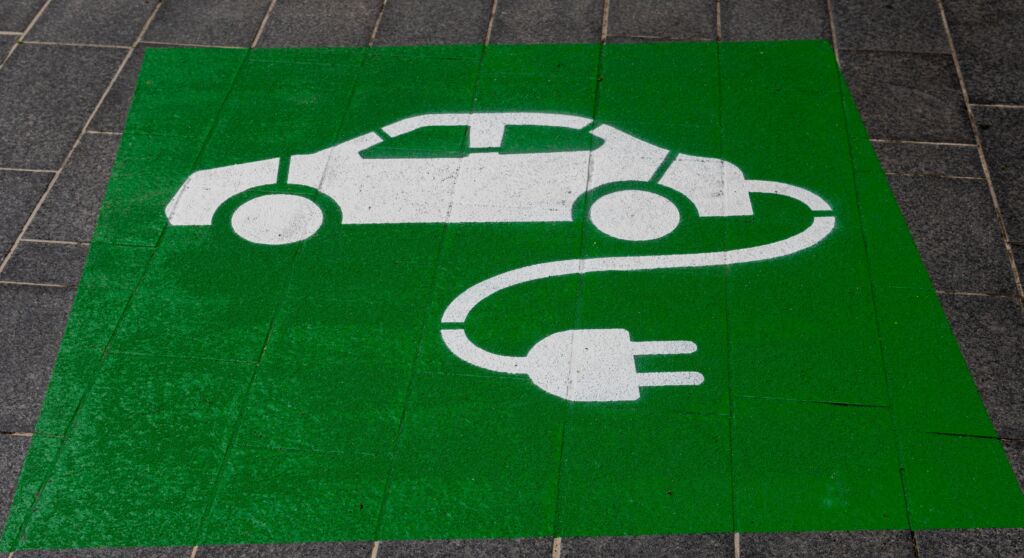
In an era marked by rising inflation and growing climate concerns, the restaurant industry faces unique challenges that demand innovative solutions. One such solution that holds incredible promise for both sustainability and cost-efficiency is the integration of solar energy and electric vehicle (EV) charging infrastructure. In this blog post, we will explore why solar and EV charging are becoming absolute necessities for restaurants and how financing them through a power purchase agreement (PPA) can be the best option.
1. Mitigating Rising Energy Costs:
Restaurants are notorious energy guzzlers, with high electricity bills often being a significant operational expense. As inflation continues to drive up energy costs, it becomes crucial for restaurants to seek ways to reduce these expenses. Solar energy offers an attractive solution. By harnessing the power of the sun, restaurants can generate clean, renewable energy that significantly reduces their dependence on costly grid electricity.
2. Environmental Responsibility:
As the world grapples with the consequences of climate change, restaurants have a growing responsibility to reduce their carbon footprint. Customers are increasingly choosing businesses that prioritize sustainability, and solar power is a clear step in the right direction. Solar panels generate electricity with no greenhouse gas emissions, helping restaurants contribute to a cleaner environment.
3. Attracting Eco-Conscious Customers:
Today’s diners are not only concerned about the quality of their meals but also the environmental impact of their dining choices. Installing solar panels and offering EV charging stations sends a powerful message to eco-conscious consumers: your restaurant is committed to sustainability. This can attract a loyal customer base and set your establishment apart from competitors.

4. Supporting Electric Vehicles:
The rise of electric vehicles is undeniable, and this trend is expected to continue. By offering EV charging stations, restaurants can cater to the needs of EV owners, making it convenient for them to dine while their vehicles charge. This not only attracts a new customer segment but also positions the restaurant as forward-thinking and accommodating.
5. Cost-Effective Financing with Power Purchase Agreements (PPAs):
While the benefits of solar and EV charging for restaurants are clear, the initial investment can be a barrier for many. This is where Power Purchase Agreements (PPAs) come into play. PPAs allow restaurants to go solar and install EV charging infrastructure without the hefty upfront costs. Here’s how it works:
- Third-Party Ownership: With a PPA, a third-party solar provider finances, installs, and maintains the solar panels and EV charging equipment on your property.
- Pay for What You Use: Instead of buying the equipment outright, you purchase the electricity or charging services generated by the equipment at a predetermined rate. This rate is often lower than what you would pay for grid electricity.
- Risk Mitigation: PPAs often come with performance guarantees, meaning you are assured of a certain level of electricity generation or charging capacity. If the equipment doesn’t perform as expected, the provider is responsible for making it right.
- No Maintenance Costs: The third-party provider takes care of maintenance, repairs, and upgrades, reducing the burden on restaurant owners.
- Long-Term Savings: Over the long term, PPAs can result in significant cost savings as electricity prices rise. Plus, you benefit from the positive branding associated with sustainability.
In Conclusion:
Solar energy and EV charging are no longer just options for environmentally conscious restaurants; they have become absolute necessities to adapt to inflation and climate concerns. By harnessing the power of the sun and offering EV charging services, restaurants can reduce energy costs, attract eco-conscious customers, support the electric vehicle revolution, and demonstrate their commitment to a sustainable future. Financing these initiatives through Power Purchase Agreements provides a cost-effective and risk-mitigating solution that paves the way for a greener, more prosperous restaurant industry. Embracing solar and EV charging is not just a choice but a path toward resilience and success in the face of changing economic and environmental challenges.

